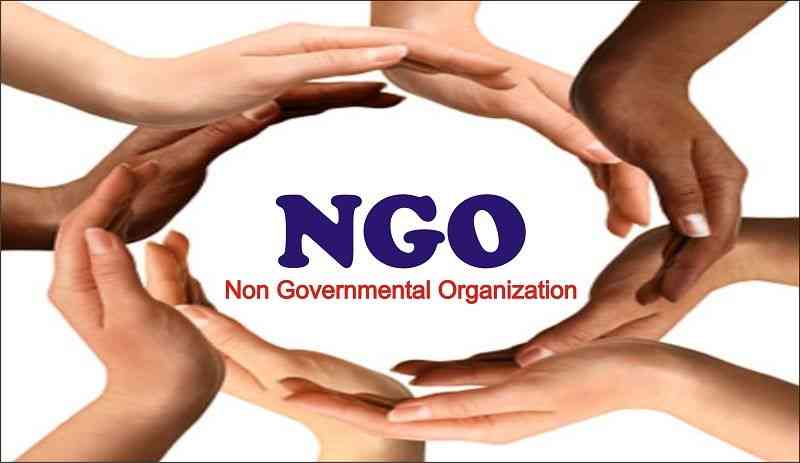
THE Institute of Chartered Accountants of Zimbabwe (Icaz) has urged non-governmental organisations (NGOs) to venture into income generating projects in order to remain viable instead of depending on donations.
This follows reports that several NGOs were shutting down operations as soon as donor funding ran out.
Speaking to Standardbusiness on the sidelines of the NGOs conference held in Nyanga last week, Icaz president Manyara Chigunduru said NGOs should not rely on one source of income.
“Non-profit organisations (NPOs) depend on donor funds and if they don’t get those funds, that organisation closes,” Chigunduru said.
“We, as ICAZ, are saying we want sustainable NGOs. So, instead of them waiting for donor funds, they can look for other projects to do which can generate revenue on the side.
“This means that even if the donor funds are down, they can still go on.
“They do not need to depend on one source of funding but look at other avenues as well and that is the aspect of sustainability.”
The institute hosted a two-day conference to deliberate on issues affecting the NGO sector that ranged from regulations, registration, auditing and sustainability to their boards.
- Hyperinflation headache for accountants
- PAAB tightens screws on non-compliance
- Hyperinflation headache for accountants
- PAAB tightens screws on non-compliance
Keep Reading
NGOs sometimes face viability problems, leading to some of them closing down.
Zimbabwe is one of the countries, which rely heavily on donor funding, especially for social services.
Besides funding, Chingunduru said some NGOs were closing down due to mismanagement and boards that were not independent and objective.
“How boards are set up is another matter,” she said “A board, which is not diversified from a skills, independence and gender perspective will always have challenges.
“If my independence is compromised because you are my friend or relative, then l can't tell you the truth on how the organisation is failing or running and that makes it collapse.
“So we need independent boards for NGOs to be sustainable, lest they close.”
Zimbabwe has seen the sprouting of different NGOs in recent years, triggered by social and economic crises that have gripped the country since 2000.
There are over 1 000 NGOs operating in Zimbabwe. Among the most prominent are World Vision, Catholic Relief Services, Care International and ActionAid.
The categories of NGO’s operating in the country cover a wide range from charity and service to community-orientated. Some are faith-based.
There are national bodies such as the Zimbabwe Women Lawyers Association and international organisations such as Oxfam. Also present are a number of United Nations agencies which specialise in relief aid such as the United Nations Children’s Fund.
The NGOs engage in a wide range of activities such as providing legal help, education, skill development, health and nutrition.
Most are subject to registration under the Private and Voluntary Organisations (PVOs) Act implemented by the Department of Social Welfare, which falls under the Ministry of Public Service, Labour, and Social Welfare.
To further control NGOs operations in the country, the government gazetted PVOs Ammendment Bill in November 2021.
The Bill sailed through the National Assembly and Senate, but President Emmerson Mnangagwa referred it back to Parliament.
The conference ran under the theme: Unveiling the path: Empowering NGOs in Zimbabwe with enduring transparency and resilient reporting.







